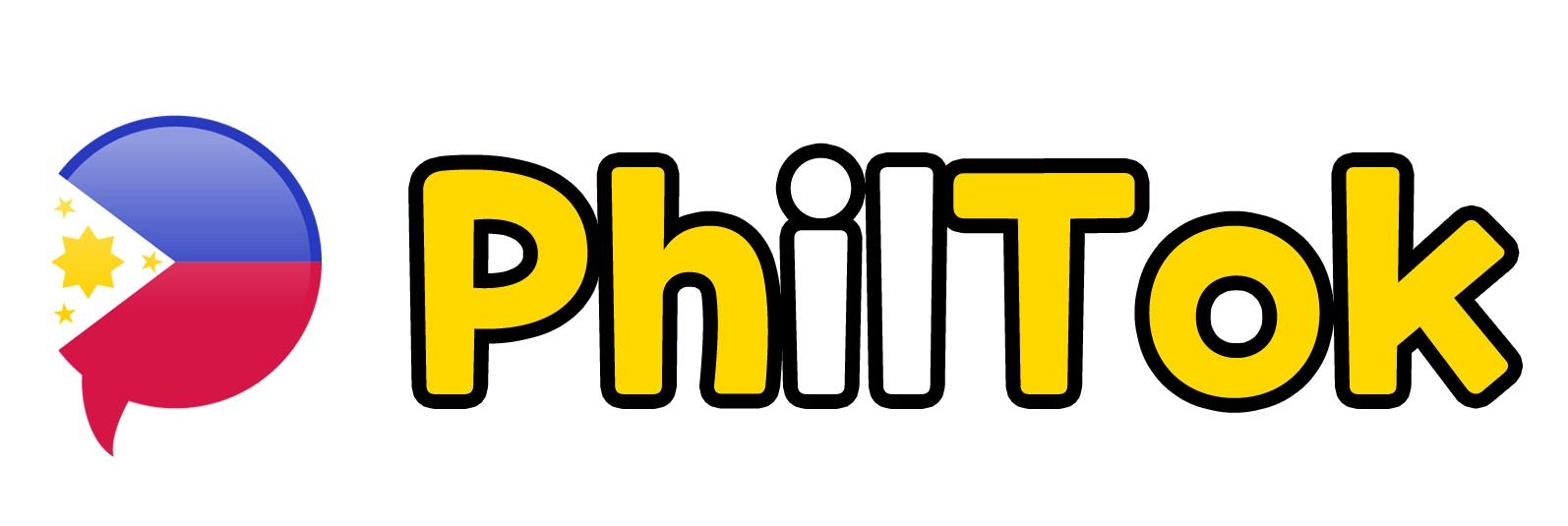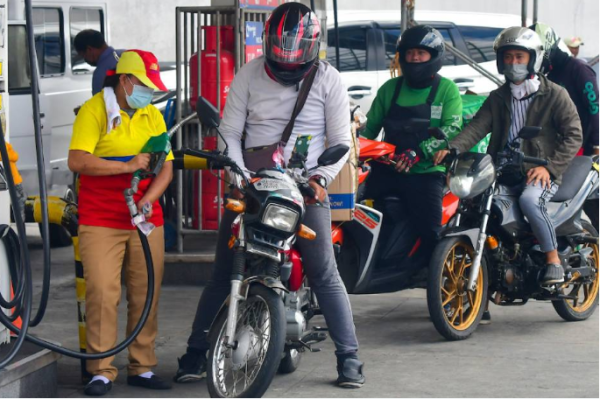[7.19] DOE는 석유 회사들이 어떻게 가격을 책정하는지 보기 위해 석유 규제 완화 법을 검토해야 한다는 요구를 지지합니다.
컨텐츠 정보
- 16,768 조회
본문
마닐라 - 에너지부는 화요일 최근 연료 가격이 급등하고 있는 가운데 석유 규제 철폐법을 재검토해야 한다는 요구를 지지한다고 밝혔습니다.
석유청 석유산업관리국의 리노 아바드 국장은 이번 검토가 최소 재고 비축에 대한 산업 참여자들의 역할을 "명확하게" 하는 것을 목표로 하고 있으며, 정부가 석유 회사들에게 유가 인상이나 가격 인상을 시행할 때 투명성을 요구하도록 하는 권한을 부여하기 위한 것이라고 말했습니다.
"안간디안 포카싱가욘 사카니랑 재고는 순수하게... 아바드는 TV 브리핑에서 "상업재고는 공급 차질을 예상할 수 있도록 설계되지 않았다"며 "상업재고는 상업재고를 위한 것"이라고 말했다.
"카파그는 공급에 대한 안전보장을 강화시킬 것입니다, 카일란간 포나틴... idagdagsa batas namaging sisterma, 심지어 민간 부문으로서, 'young pagkakaroonong'이 석유제품의 공급을 확보하는 데 기여했습니다"라고 그는 덧붙였습니다.
(만약 공급 측면의 안전이 있다면, 우리는 그것을 우리의 법에 포함시켜야 합니다. 그래야 그것이 시스템이 될 것입니다. 민간 부문도 국가의 석유 제품 공급 확보에 기여할 것입니다.) 투명성의 측면에서, Abad는 석유 회사들이 그들의 가격 조정 계산에 대해 "밝힐" 보고서를 제출할 것을 제안했습니다.
이것은 기관이 연료 가격이 어떻게 설정되는지를 이해하는 데 도움이 될 것이며, DOE가 국가의 다른 지역에서 연료 가격이 "너무 높을" 때 연료 가격을 "수정"할 수 있는 공간을 제공할 것입니다.
"야나이 시누수간 natinkung은 kapangyarihan tayong makakakuhang 데이터 nayan, magkakaroon taying 분석 삼가 루가-루가 쿵산 natay masyadong matasang 가격"이라고 관계자가 말했습니다. (데이터를 얻을 수 있는 능력을 갖추기 위해 이 문제를 조사하고 있습니다. 우리가 그것을 얻으면, 우리는 왜 다른 장소들에서 가격이 비싼지에 대한 분석을 할 것입니다.)
"앙 기본 전제 조건인 hindhindi natin main tindihan yung hindi natin makuha manao main tindihan yung paranilang pagko-compute atason kung bakit ganoon ang kanilang computation sa kanilang pago-culation sakilang 가격입니다."라고 그가 덧붙였습니다.
(기본적인 전제는 연료 가격에 관한 그들의 계산의 기초를 얻지 않으면 우리는 이것을 이해할 수 없다는 것입니다.)
화요일 연료 가격이 3주 연속 하락했지만, DOE는 이는 중국의 엄격한 코로나19 봉쇄와 전 세계 중앙은행들의 금리 인상으로 에너지 수요를 짓눌렀기 때문이라고 말했습니다. 공화국법 8479나 '1998년 하류 석유산업 규제완화법'은 정부의 가격 규제 권한을 없애고, 이전에 가격 충격을 완화하기 위해 사용하던 유가안정기금을 폐지했습니다.
하원 위원회는 3월에 그 법 개정안을 승인했습니다. 유사한 상원 법안이 위원회 차원에서 아직 계류 중입니다. 벤자민 디오크노 재무장관은 앞서 대통령이 수송기사를 대상으로 한 연료 보조금 지급을 승인했다고 밝혔지만, 여전히 6,500페소입니다.
This is the Original Article from ABS-CBN NEWS
MANILA — The Department of Energy (DOE) on Tuesday said it supports calls to review the Oil Deregulation Law amid the recent spike in fuel prices.
Rino Abad, director of the agency's Oil Industry Management Bureau, said the review seeks to "clarify" the role of industry players on minimum inventory reserve, and give government the power to require oil companies to be transparent when implementing oil price hikes or rollbacks.
"Ang nandyan po kasi ngayon sa kanilang inventory ay purely... commercial inventory but they are not really designed to anticipate supply disruption," Abad said in a televised briefing. (What's there right now in their inventory is for commercial only.)
"Kapag mayroong aspeto ng security of supply, kailangan po natin... idagdag sa batas na maging sistema, even sa private sector, 'yung pagkakaroon ng contribution in securing the supply of petroleum products ng Pilipinas," he added.
(If there is a security of supply aspect, we need to include it in our law so it would become a system — that even the private sector would contribute in securing the country's supply of petroleum products.) In terms of transparency, Abad proposed that oil companies submit a report that would "shed light" on their computation of price adjustments.
This will help the agency understand how fuel prices are set, and give the DOE space to "correct" fuel prices when it is "too high" in different parts of the country.
"Yan ay sinususugan natin kung may kapangyarihan tayong makakuha ng data na yan, magkakaroon tayo ng analysis sa mga luga-lugar kung saan sa tingin natin ay masyadong mataas ang prices," said the official. (We are looking into that, to have the power the get that data. Once we get it, we will have an analysis of why the prices are high in different places.)
"Ang basic premise po dito ay hindi natin maintindihan yan kung hindi natin makuha muna o maintindihan yung paraan ng kanilang pagko-compute at rason kung bakit ganoon ang kanilang computation sa kanilang prices," he added.
(The basic premise is: we cannot understand this unless we get the basis of their computation regarding fuel prices.)
Fuel prices fell for the third straight week on Tuesday, but the DOE said this was because of China's strict COVID-19 lockdowns and interest rate hikes by central banks around the world, which weighed down energy demand. Republic Act 8479 or the “Downstream Oil Industry Deregulation Act of 1998" removed the government's power to regulate prices, and scrapped the Oil Price Stabilization Fund, which was previously used to dampen price shocks.
A House committee in March approved amendments to the law. A similar Senate bill is still pending at the committee level. Finance Secretary Benjamin Diokno earlier said the President approved another round of fuel subsidies for transport drivers — still P6,500 — but for targeted beneficiaries only.
관련자료
-
이전
-
다음작성일 2022.07.19 17:59


